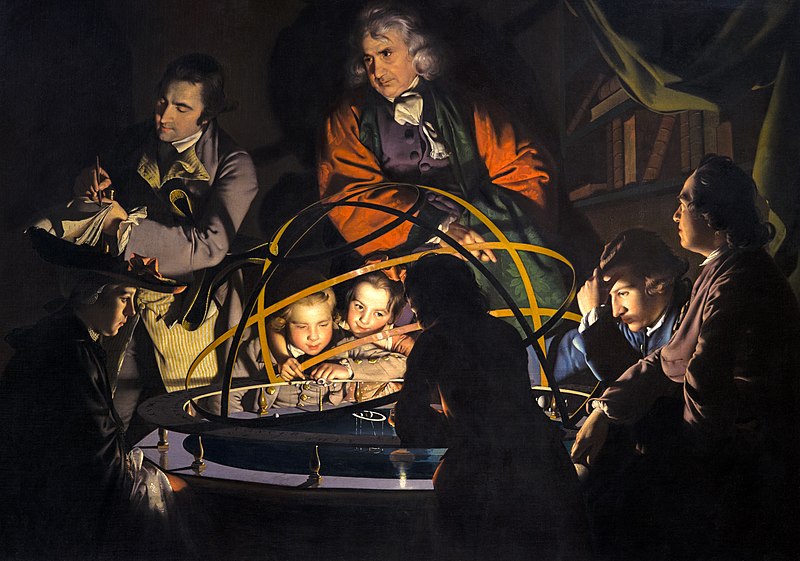They've been using social media for centuries.
My wife is an academic and constantly in fear of:
- Senior peers ignoring and not citing her work;
- Younger peers publishing more, faster;
- Anticipated critiques of her papers.
She's not alone. Her colleagues also live in dread, and academia as a whole has long been described as 'Publish or PERISH.'
How dramatic!
 |
| "Forget not to Like and Subscribe!" |
I don't want to be dismissive but ...
She's got tenure. The only way she could possibly lose it is if she sprayed an AR-15 magazine into the student lounge. (Teacher lounge OK.)
She could easily lower her standards and pump her publication numbers up.
But while her fears aren't realistic, they're still real, so where do they come from?
She's been working from home a lot so her interaction with other academics has been mainly through publications.
Follow the science
Academic journals have been around for centuries to disseminate discoveries.
They can also be described as platforms for peers to post items of interest, and have proliferated to focus on certain interests, making them like friend groups.
Journals have other things in common with social media, particularly its more damaging aspects:
Time-consuming - a lot of time is invested into reading and preparing material. There are a lot of incentives to spend time this way. Trending on social media may lead to addictive 'pings' 👍and dopamine hits, while prolific authorship can lead to career advancement (and dopamine hits).
Ego-presentation - making submissions involve distilling one's experiences into idealised projections through a narrow medium, which makes you paranoid about being judged, particularly by reviewers. We have no choice but to be false, but it still hurts when that false self is criticised because...
Comparison - ... others are better at faking it than we are. Journals and social media alike make it easier to compare our false selves with the false selves of those whose respect we crave. From around the world, 24-7-365, with super-egos poised to self-flagellate any perceived faux pas.
Quirks of academia have also entered modern social media groups. For instance, both foster jargon-heavy groupthink, which almost prides itself on its distance from the mainstream. Your lecturers and your uncle's favourite Facebook echo-chamber will each have niche interpretations of 'race', which will in turn be different to anything you've ever encountered in the real world.
Do the research
Academia has strong parallels with social media. So how do scholars cope with immersion in constant and often toxic pressure? If my wife and her colleagues are anything to go by, the short answer is, 'not very well.'
Some relief may be found in other academic traditions: the sabbatical, and research work, whether in the lab or in the field. Both force long breaks from the FOMO feed. And while one is expected to return to publishing, it helps to have a long stretch of time to connect with something worthy of being posted.
Comments
Post a Comment